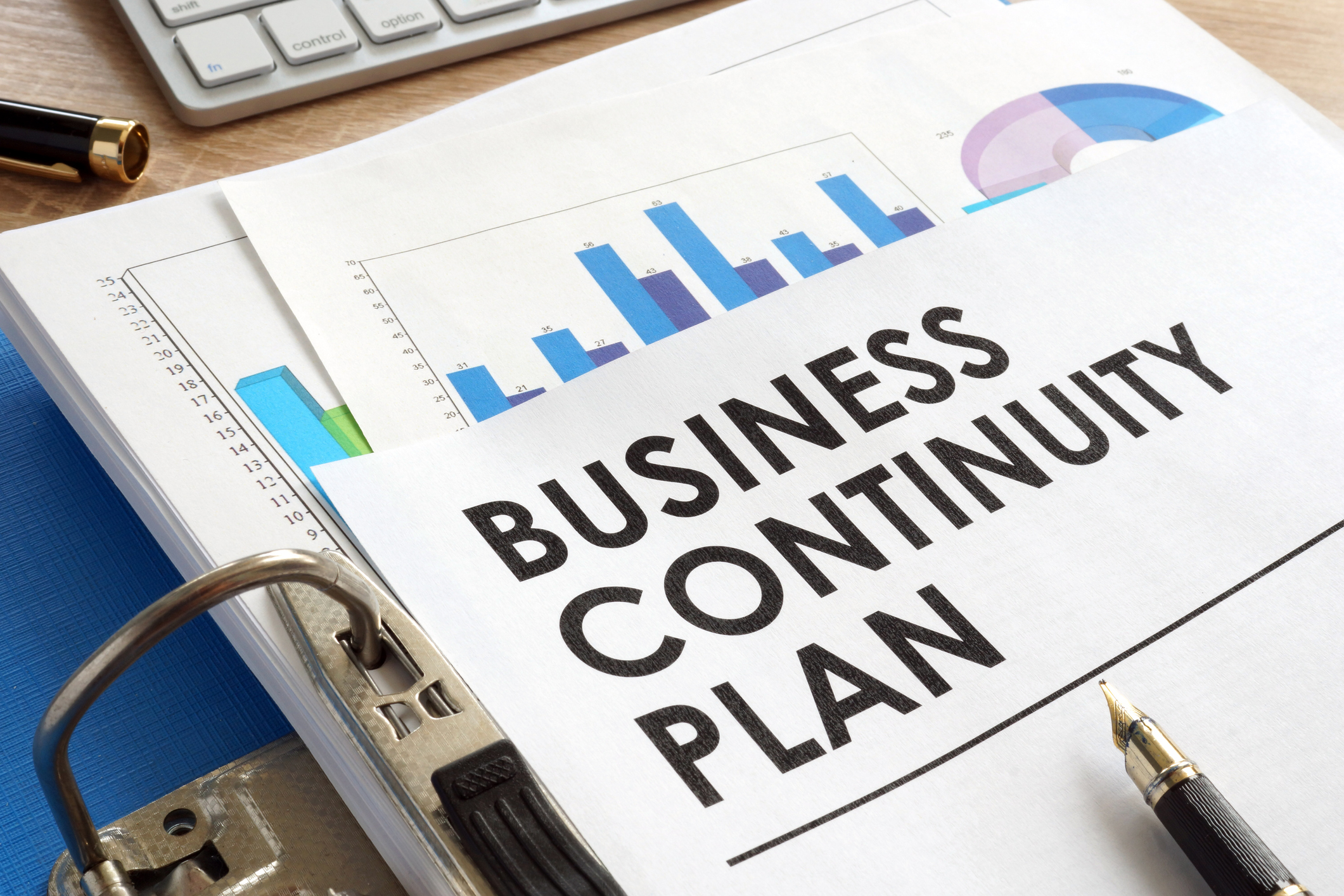Exploring Systems Thinking For Effective Problem-Solving And Root Cause Analysis
I understand that diving into the world of systems thinking can be quite an adventure. It’s a way of viewing problems and solutions through a lens that captures complexity and interconnectedness. So, what exactly does thinking in systems entail? At its core, systems thinking encourages viewers to see beyond isolated components and to comprehend how those components work together within a whole.
A system isn’t just any random collection of parts; it’s a set of elements that are connected in such a way that they produce their own pattern of behavior over time. Imagine a watch: every gear and spring works in harmony to keep time. Similarly, in businesses, various departments, processes, and policies interact to shape the organization’s performance and outcomes.
Employing a systems approach to problem-solving has distinct advantages. It allows for a more holistic view of potential solutions, taking into society consideration how changes in one element of the system affect the others. This method also promotes sustainable solutions that address the underlying patterns that cause issues, not just their symptoms.
Besides theoretical contexts, systems thinking has proven effective in countless real-world scenarios. Companies often use it to streamline operations, while governments apply it to develop public policy. There’s a wealth of case studies that highlight dramatic improvements in efficiency and creativity, simply by shifting perspective from individual elements to the bigger picture.
Unveiling the Power of Root Cause Analysis
Getting to the crux of a problem isn’t just about a quick fix; it’s about digging deep to find the root cause. That’s where root cause analysis (RCA) steps in – a methodical approach that helps to identify the underlying reasons for a problem. It’s a crucial step in systems thinking, ensuring that solutions are not just Band-Aids, but are effective long-term.
The process begins by observing the symptoms of a problem and then peeling back the layers, like an onion, to uncover what’s really going on beneath the surface. It often requires asking a series of ‘whys’ to get past the apparent causes and reveal the true origin of an issue.
To conduct RCA effectively, one should follow a structured approach. You start with a clear statement of the problem. Then, gather data and evidence that pertains to the issue. Create a timeline of events, analyze the collected information, and identify patterns and correlations. From there, pinpoint the root cause or causes. Finally, develop a plan to address these causes and prevent the problem from recurring.
But it’s not without its challenges. One of the biggest mistakes is stopping too soon in the question chain, which can lead to partial solutions that don’t prevent recurrence. It’s crucial to remain patient and curious throughout the process, pushing past the urge for quick closure.
Real-world examples solidify the importance of RCA. Consider a manufacturing company facing product failures. By applying RCA, they may discover that the issue isn’t the manufacturing process itself, but a supplier’s subpar materials. Addressing the supplier quality control can prevent future product failures, highlighting how RCA leads to more sustainable outcomes.
Moving from RCA into the next phase of systems thinking requires an understanding of its limitations, particularly when it comes to tackling complex challenges. This is where we encounter the confines of single loop thinking, a traditional strategy that RCA often relies on but may not be sufficient for deeper systemic issues.
Beyond the Surface: Limitations of Single Loop Thinking
When I tackle a complex problem, I sometimes catch myself falling back on a familiar pattern known as single loop thinking. It’s a straight line from action to result, which might seem like a no-nonsense way to handle issues. Yet, this approach has its constraints. It focuses on immediate solutions without questioning the underlying policies or objectives that led to the problem in the first place.
In my experience, overlooking the complexities of a problem often backfires. Why? It can mean missing out on vital context and connections that contribute to the issue at hand. For instance, imagine fixing a leak in a pipe by simply patching it up. Is that really a solution if the cause of the leak, such as high water pressure, remains unaddressed?
My encounters with the shortcomings of single loop thinking have taught me that it rarely leads to sustainable solutions in complex environments. Take the example of a chronic productivity issue in a team. Addressing it with quick fixes like increasing oversight might give the impression of improvement, but without examining deeper issues like employee morale or skill gaps, the problem will likely resurface.
Recognizing the limitations of single loop thinking paves the way for more profound methodologies. It’s a transition from the WHAT and HOW of issues to the WHY. This is where double and triple loop thinking come into play. They encourage me to dissect the fundamental assumptions and beliefs that shape actions and policies. It’s an invitation to critique and challenge the status quo to uncover transformative solutions.
As I gear up to explore double and triple alone thinking, I hold onto the lessons learned from the limitations of the single-loop approach. It reminds me to be thorough and to consider the ripple effects of my actions. In the following section, I’ll discuss how embracing a more thoughtful and reflective problem-solving process can lead to breakthroughs that single loop thinking simply can’t achieve.
Mastering Problem-Solving with Double and Triple Loop Thinking
By now, you’re familiar with the integral layers of systems thinking, and how single loop thinking can sometimes fall short when dealing with complex problems. It’s my hope that you see the value in broadening your analytical lens and why embracing double and triple loop thinking is a game-changer.
Double loop thinking pushes you to question underlying assumptions and to rethink the ‘rules of the game.’ It’s not just about finding solutions but also about challenging the systems that create the problems. And triple loop thinking? That goes even deeper, contemplating the relevance of the learning process itself and re-evaluating our very approach to problem-solving to ensure it’s aligned with our overarching values and objectives.
Here’s the crux: If you’re only adjusting actions within the same framework (single loop), you might miss out on opportunities to make significant changes that could lead to more sustainable solutions. By employing double and triple loop thinking, you are empowered to TRANSFORM the framework, ensuring more effective and long-lasting outcomes.
To practically apply these methods, START by identifying recurring issues within your organization or projects. QUESTION whether the prevailing norms or policies could be contributing to these problems. MOVE beyond immediate fixes and envision what a radically different—and potentially more effective—approach might look like.
Remember, systems thinking, especially its more advanced forms, is not just about problem-solving—it’s about evolving and refining our entire decision-making process. It’s about building a more resilient and adaptable mindset that can navigate the complexities of our world. KEEP an open mind, STAY CURIOUS, and remind yourself that the essence of learning is not to do things the way we always have, but to constantly seek new ways to achieve and surpass our goals.
In conclusion, harnessing the power of double and triple loop thinking is a robust addition to your toolkit for effective problem-solving and root cause analysis. By continually examining and adapting your approach, you position yourself to not just solve problems, but to preempt them, create strategic advantages, and drive meaningful innovation. And that, dear reader, is a hallmark of truly impactful systems thinking.



